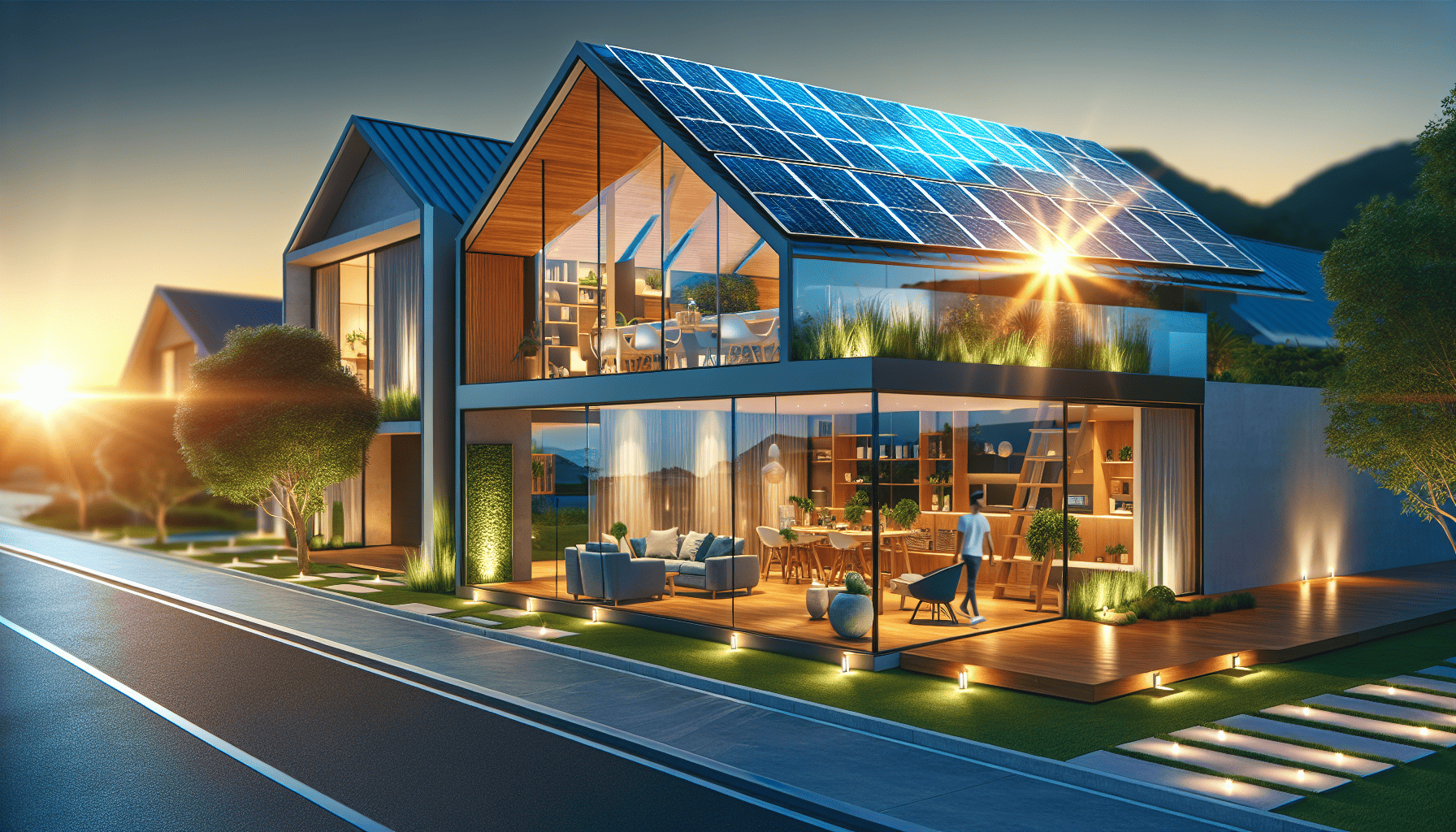In today's world, the demand for energy-efficient solutions is more critical than ever. As we face the dual challenges of depleting natural resources and escalating environmental concerns, innovative energy solutions are not just beneficial but necessary. At the heart of these advancements are technologies and practices designed to maximize energy efficiency, reduce carbon footprints, and pave the way for a sustainable future.
One of the most exciting areas of development is renewable energy. Solar, wind, and hydropower technologies have seen significant advancements, making them more efficient and accessible. Innovations in photovoltaic cells have dramatically increased the efficiency of solar panels, allowing them to convert more sunlight into electricity. Similarly, improvements in wind turbine design have enhanced their performance, even in regions with lower wind speeds. These advancements are crucial for harnessing renewable energy sources more effectively, reducing our reliance on fossil fuels.
Energy storage is another vital component of the modern energy landscape. Breakthroughs in battery technology, such as lithium-ion and solid-state batteries, offer improved capacity and lifespan, facilitating better storage of renewable energy. Efficient storage systems are essential for balancing supply and demand, ensuring that energy generated from renewable sources is available when needed.
Moreover, smart grid technologies are revolutionizing the way energy is distributed and consumed. These systems use data analytics and IoT devices to monitor energy usage in real-time, optimize energy distribution, and prevent energy loss. By implementing smart grids, utilities can enhance the reliability and efficiency of energy delivery, reducing costs and minimizing environmental impact.
Energy efficiency extends beyond generation and storage—it also encompasses how we use energy in our daily lives. Building automation systems, for instance, allow for intelligent regulation of heating, ventilation, and lighting in homes and businesses, significantly reducing energy consumption. Smart appliances and LED lighting offer further enhancements in efficiency, helping consumers lower their energy bills while minimizing their environmental footprint.
In the transportation sector, the shift towards electric vehicles (EVs) represents another leap forward in energy efficiency. The development of fast-charging networks and improvements in EV battery technology are making electric vehicles a more viable and attractive option for consumers worldwide. As the automotive industry leans towards electrification, we can expect a significant reduction in greenhouse gas emissions and dependence on fossil fuels.
Finally, embracing energy efficiency requires an integrated approach that involves policy support, corporate responsibility, and consumer awareness. Governments around the world are introducing regulations and incentives to encourage the adoption of energy-efficient technologies and practices. Businesses are also recognizing the importance of sustainability, investing in green technologies and setting ambitious targets for reducing their carbon footprint.
In conclusion, the pursuit of innovative energy solutions is a multifaceted endeavor that holds the promise of a cleaner, more sustainable future. By investing in advanced technologies and adopting smarter practices, we can optimize our energy efficiency, safeguard the environment, and create a world that thrives on sustainable energy.
